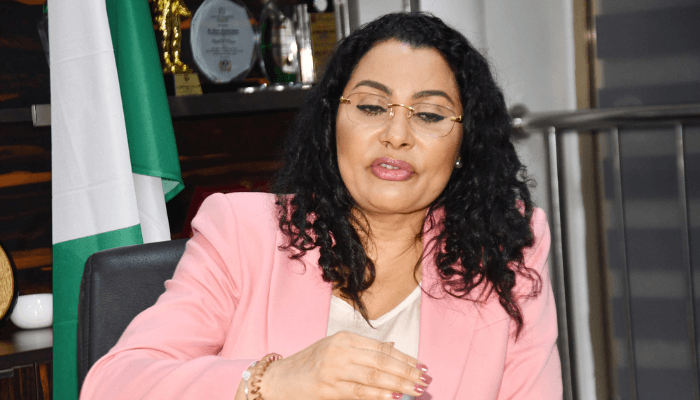A senior Nigerian lawmaker and prominent member of the ruling All Progressives Congress (APC) has emphasized the critical role of President Bola Tinubu’s economic reforms in stabilizing the country’s economy. Senator Dayo Adeyeye, who leads the South West Agenda For Asiwaju (SWAGA)—a political group advocating Tinubu’s policies—spoke to journalists in Lagos, asserting that recent changes, including fuel subsidy removal and exchange rate adjustments, averted a potential economic collapse.
Adeyeye argued these reforms have significantly boosted government revenue across federal, state, and local tiers, enabling more effective governance. State governments, he noted, have seen their monthly allocations triple, leaving “no excuse for non-performance.” While acknowledging some states are efficiently channeling funds into development, he criticized others for mismanagement, stating, “Some do not even know what to do with the money—they are wasting it.” The senator stressed the need for citizens to hold local leaders accountable, adding that Tinubu’s adherence to constitutional revenue-sharing mechanisms ensures equitable resource distribution.
Reflecting on Nigeria’s pre-reform challenges, Adeyeye described an economy burdened by unsustainable debts and inefficient subsidies. Under former President Muhammadu Buhari, he said, many states struggled to pay salaries for months, while infrastructure spending dwindled as funds were diverted to fuel subsidies. An estimated half of subsidized fuel, he claimed, was illicitly diverted to neighboring nations like Benin, Chad, and Cameroon, draining public coffers. “We were subsidizing other countries’ fuel consumption while borrowing to fund our own,” he remarked, calling the prior system a “betrayal of future generations.”
Tinubu’s decisive actions—scrapping fuel subsidies and floating the naira to curb currency speculation—were framed as necessary sacrifices to stabilize the economy. While acknowledging the “painful” short-term effects of these policies, Adeyeye insisted they prevented a deeper crisis. He highlighted ongoing efforts by the administration to mitigate hardships, including targeted support programs, and urged Nigerians to remain patient as reforms take root.
The senator’s comments come amid mixed reactions to Tinubu’s economic strategy. While international bodies like the IMF have praised the reforms for improving fiscal transparency, domestic inflation and currency volatility remain pressing concerns. Adeyeye’s message underscores a central government push to align state-level governance with federal efficiency, framing accountability as pivotal to Nigeria’s recovery. As debates over resource management intensify, the focus now shifts to how subnational leaders respond to heightened public scrutiny.


